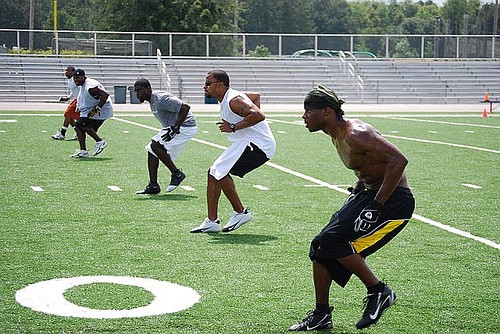
A Guide to Edgewater Physiotherapy Orthotics
The science behind Edgewater Physiotherapy Orthotics:
Firstly, we must discuss the biomechanics. There has been a vast amount of research that have looked at how muscles, bone, tendons and ligaments work to produce movement; the forces exerted by muscles and gravity on the skeletal structure.
At Edgewater Physiotherapy our orthotics focus on 3 key areas. We aim to support the rearfoot because it’s where the majority of foot motion (standing, walking and running) originates.
1. The forefoot
2. The midfoot
3. The rearfoot.
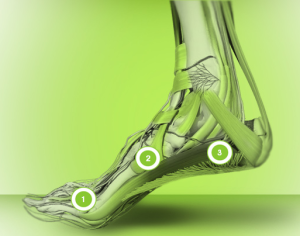
Each joint must maximise its work capacity in order for your foot to work efficiently. Edgewater Physiotherapy Orthotics help the midtarsal joint stabilise your foot, so the subtalar joint can act as an effective shock absorber, while restoring full function of the big toe (1st Metatarsal phalangeal joint) helping you propel forward.
1. The Big Toe (1st Metatarsal Phalangeal Joint) – propulsion
2. The Midtarsal Joint (stabilisation)
3. The Subtalar Joint (Shock absorption).
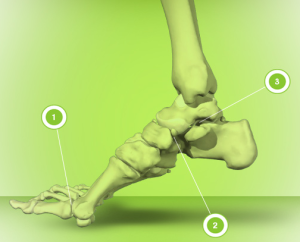
The foot has two primary motions:
Pronation: The body’s natural shock absorber. When pronating, the foot expands as it absorbs the body weight and adapts to the surface underneath the foot.
Supination: The foots natural way of providing a strong, supportive foundation for the body. During supination, the foot rebounds from
pronating to become a rigid lever, helping the body load the achillies tendon to proper itself forward.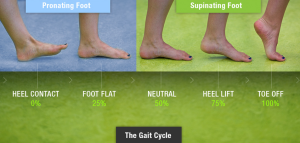
Why Orthotics?
On average people take 6000-12000 steps per day. If the feet aren’t supported correctly, unstable movement can occur and lead to foot problems. Orthotics can help to stabilise the feet more efficiently.
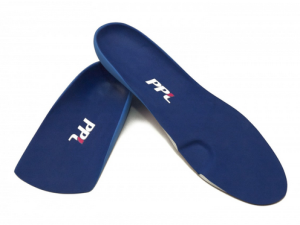
The Process?
The initial assessment involves a thorough assessment of the toes, foot, knee, hip and spine. From this depending on the severity of the problem there are two options; A custom made insole involves the physiotherapist taking a plaster cast of the foot where the insole is tailored according to the findings of the cast. The second option is an off the shelf insole which are more cost effective for patients requiring a small amount of foot correction.

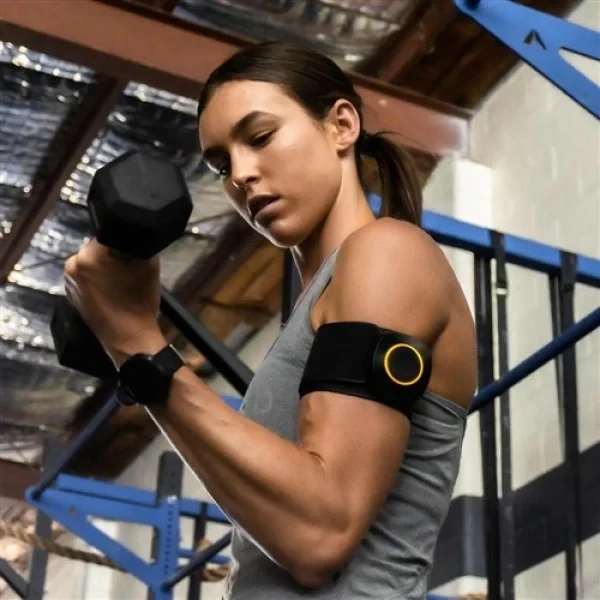
.jpg)